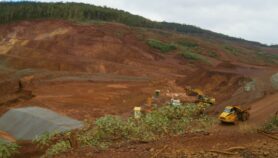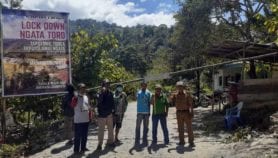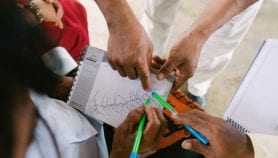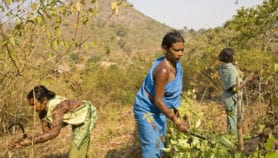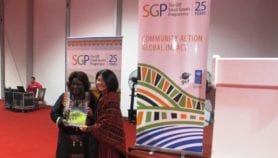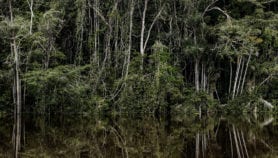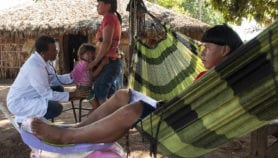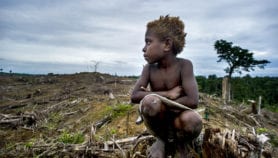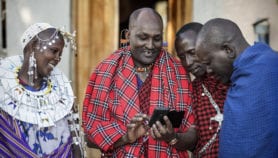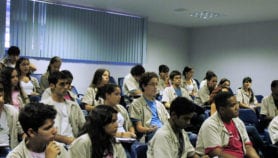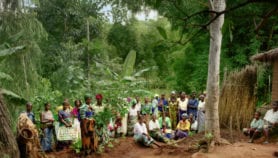19/04/24
Indonesia’s indigenous seeking the support of science
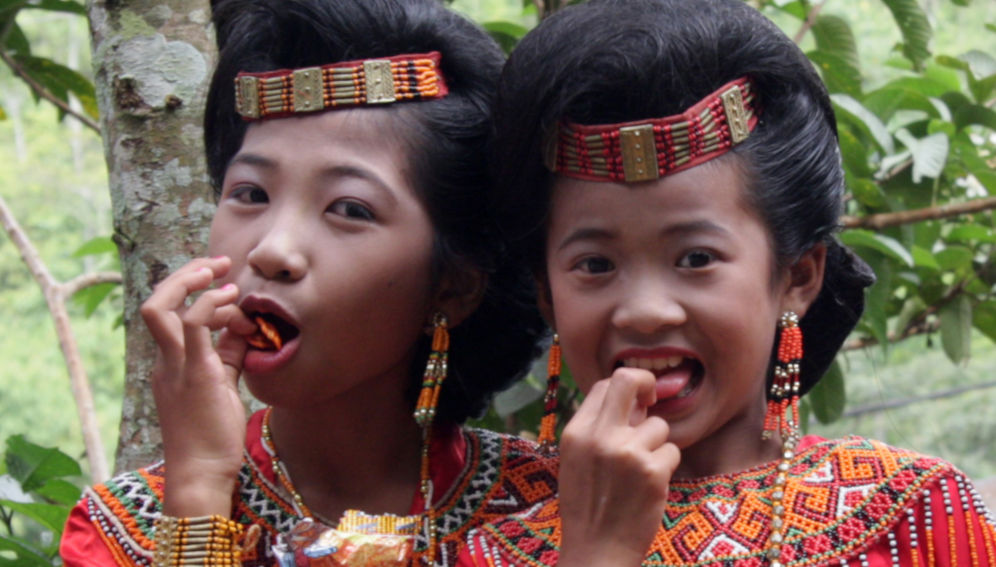
By: Ruth Douglas
Send to a friend
The details you provide on this page will not be used to send unsolicited email, and will not be sold to a 3rd party. See privacy policy.
[OXFORD] The scientific community could support indigenous communities in Indonesia by providing evidence of their economic value and research into their experiences of climate change, a prominent indigenous leader told SciDev.Net.
Globally, about 36 per cent of remaining intact forests are on indigenous peoples’ lands, with these communities safeguarding 80 per cent of the world’s remaining biodiversity, according to the World Bank.
Rukka Sombolinggi, secretary general of the Indonesian Peoples’ Alliance of the Archipelago, which represents around 20 million indigenous peoples across 3,000 communities in Indonesia, hopes science can show that the contribution of indigenous people as guardians of biodiversity and as farmers has a greater value to society than tax receipts from corporations.
“They only pay tax,” she explained in an interview with SciDev.Net on the sidelines of the Skoll World Forum in Oxford, UK, last week (Thursday). “But indigenous peoples, we actually contribute so much more.”
Lacking legal protections and recognition, indigenous communities in Indonesia have lost around 8.4 million hectares of their ancestral land in the last ten years to logging, mining, and plantations such as those for palm oil and paper, Sombolinggi said.
Universal movement
Previous studies around this were “at the very small scale” she added. “So, we need to expand it.
“We need to empower the local universities to also join this collaboration. So we make it like a universal movement of scientists … finding out what is the real economy, the real economy that will sustain us.”
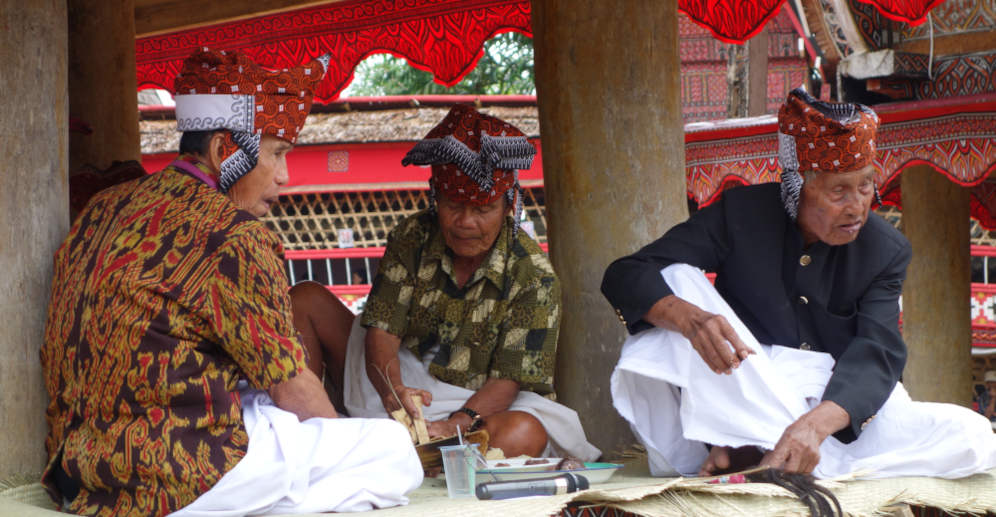
Torajan elders in traditional dress attending a ceremony. In 2013, the Indonesian Constitutional Court recognised the rights of indigenous people to reclaim forest land. Photo by: Lord Mountbatten / Wikimedia (CC BY-SA 3.0)
The second requirement for research, Sombolinggi believes, is to prove the level of loss and damage experienced by indigenous communities as a result of warming temperatures.
“And I think the same simple methodology that we can use to prove our economic strength can also be used to provide that.”
For example, extreme weather is impacting on farming in the Highlands of Sulawesi – one of the five main islands that make up the Indonesian archipelago – where Sombolinggi’s Torajan community produces “one of the best coffees in the world”, she said.
As well as periods of prolonged drought, harvests are suffering from “too much water … and not enough sun. So the coffee doesn’t flower. Or if they flower, they cannot bear fruit because they will become rotten because of too much water.”
Despite global pledges to end deforestation – a significant contributor to the greenhouse gas emissions that cause climate change – by 2030, Sombolinggi sees little progress in Indonesia.
“Unfortunately, while we are talking about our responsibility to at least maintain the intact forest as it is and even increase the forest cover, the situation in Indonesia, I think, is going in the opposite way, because there are no restrictions on deforestations,” she said.
According to Sombolinggi, the Indonesian government continued to give out permits to businesses and use forests for so-called “food estate”, cutting down trees to plant cassava or corn.
For everybody
“We are protecting our land and our forest, and our ecosystems. It’s not really just for us, but for everybody.”
Mapping these territories in Indonesia has been a critical part of the work of the Indonesian Peoples’ Alliance of the Archipelago, with the aim of shoring up legal protections for indigenous communities and reclaiming land for which permits had already been issued for logging or other industrial uses.
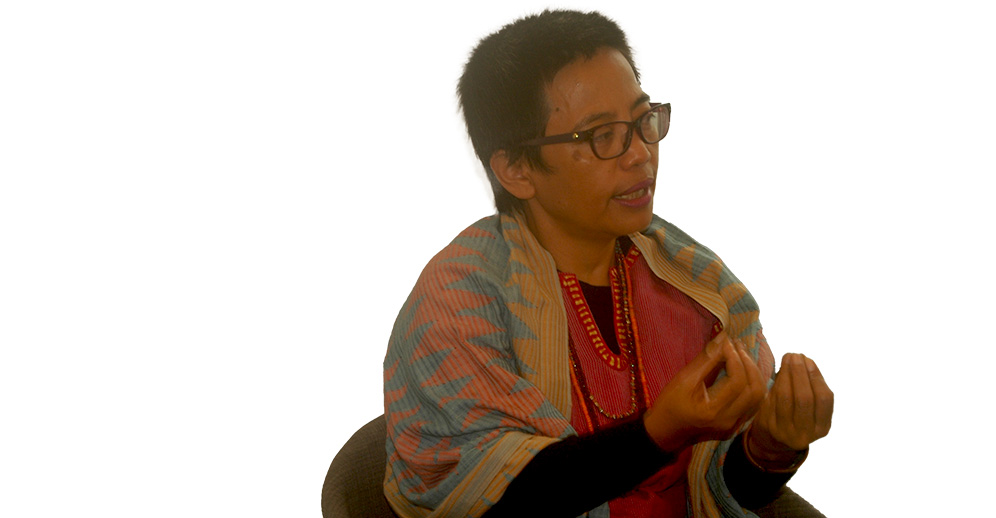


Rukka Sombolinggi speaking to SciDev.Net at the 2024 Skoll World Forum. Photo by JD Weddi/SciDev.Net
The initiative earned Sombolinggi a Skoll Award for Social Innovation at last year’s World Forum.
In 2013, the Indonesian Constitutional Court recognised the rights of indigenous people to forests that the government had claimed as its own, in a case led by the alliance.
To date the alliance has mapped 28 million hectares of what it says is indigenous land. It has managed to reclaim 200,000 hectares, according to Sombolinggi. But, she stressed, there is much more to be done.
“We need to really work towards the protections of the rights of indigenous peoples,” she said, as well as “providing direct support for indigenous peoples to continue the work that we are doing and multiply the contributions that we already have today”.
This piece was produced by SciDev.Net’s Global desk.


